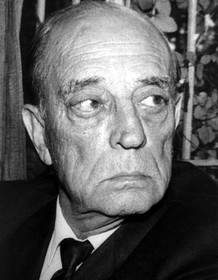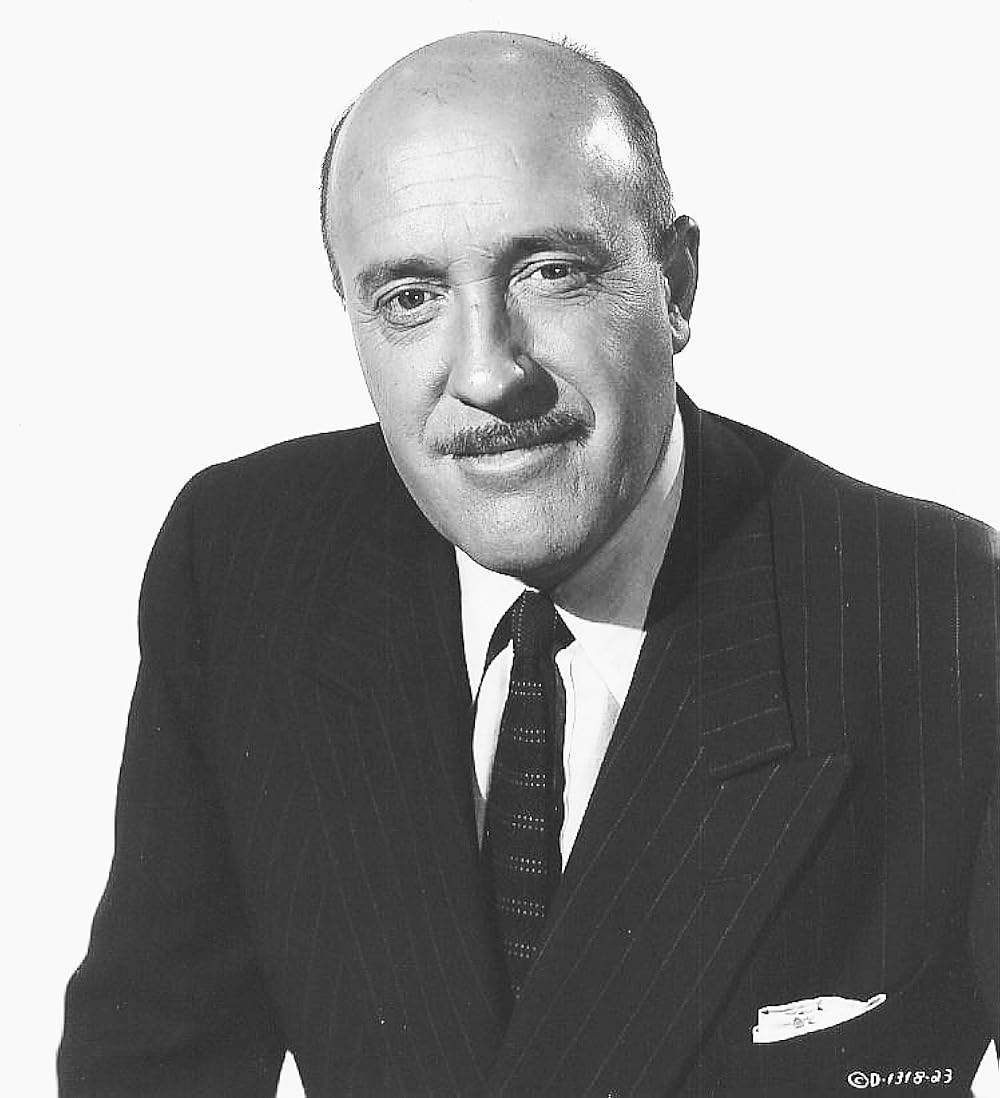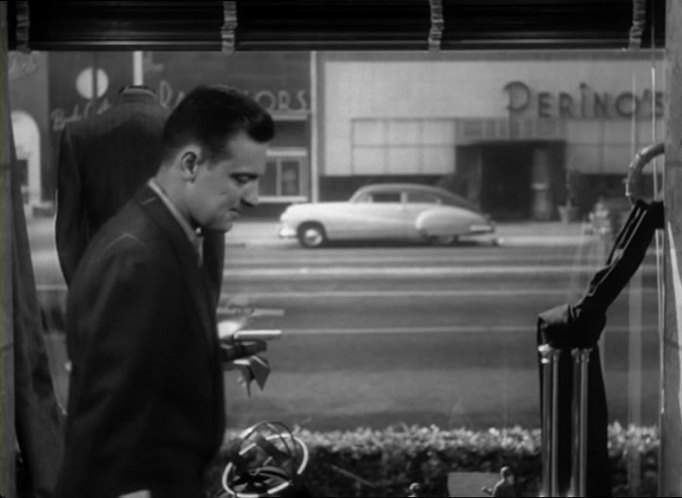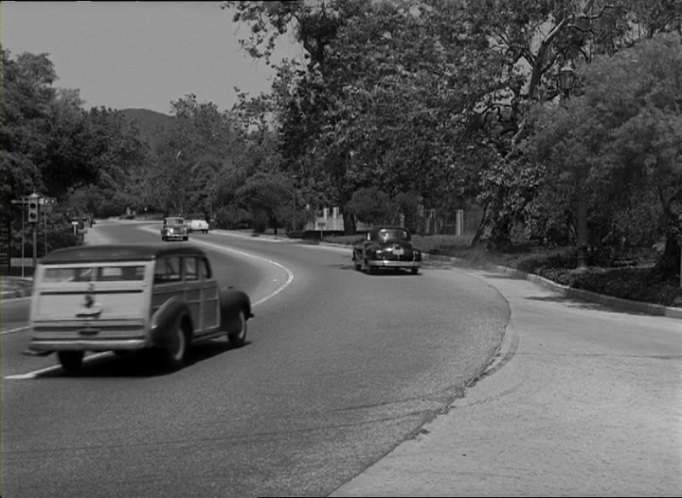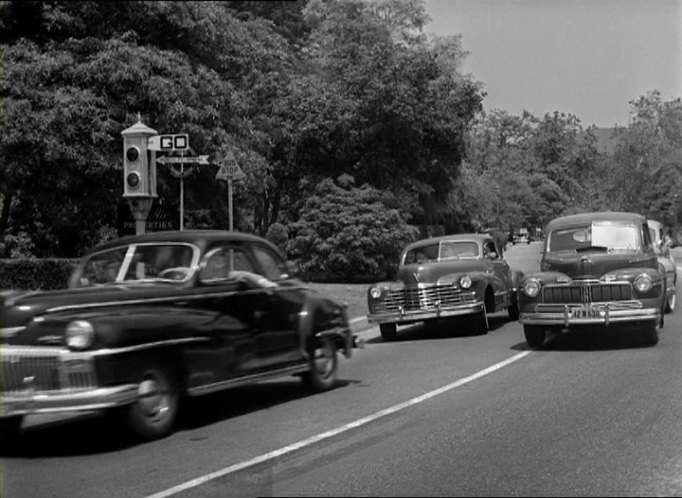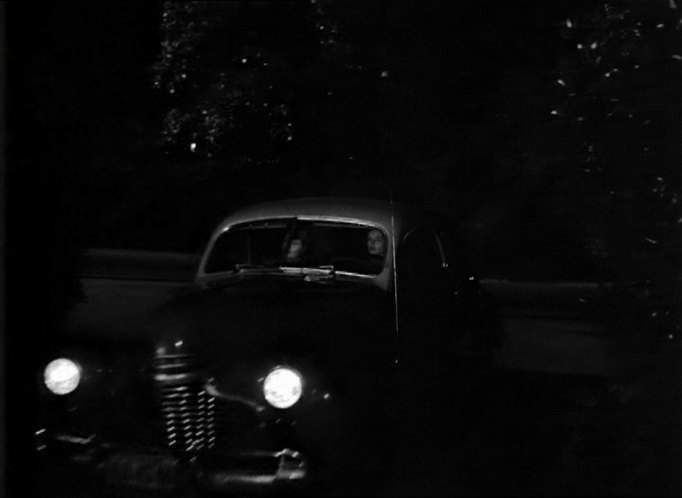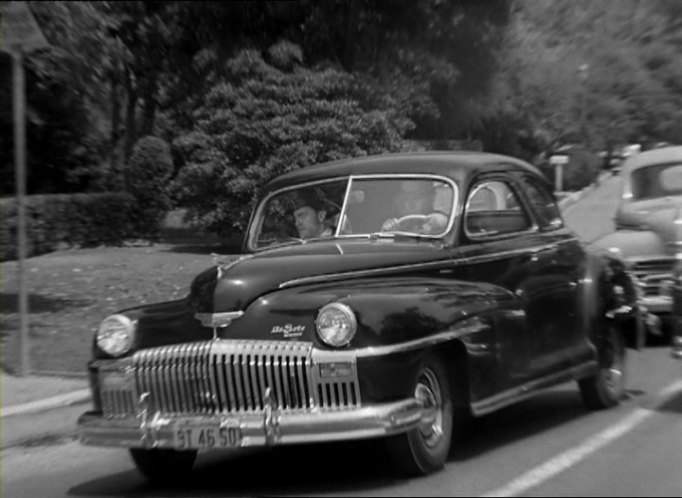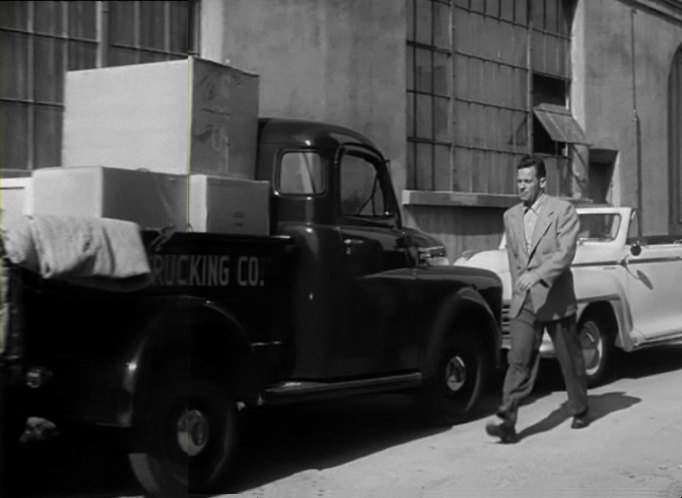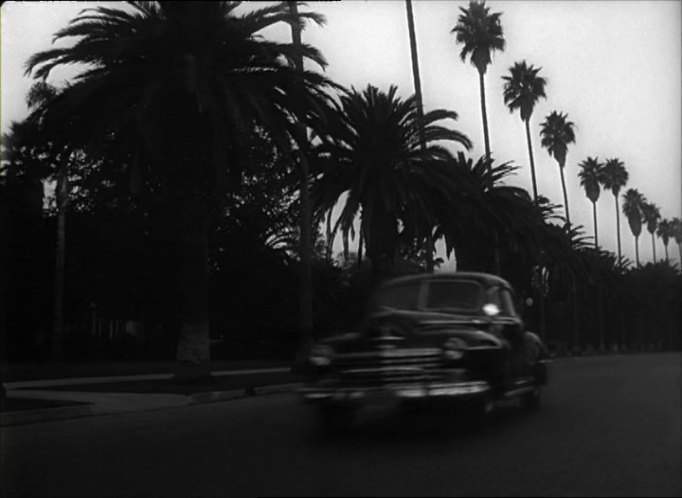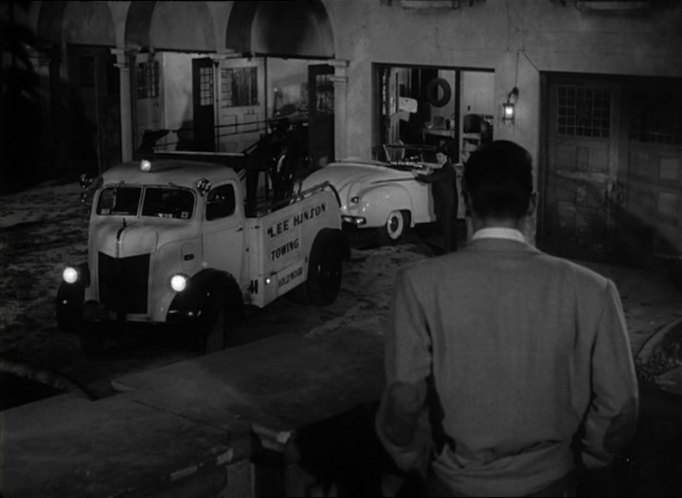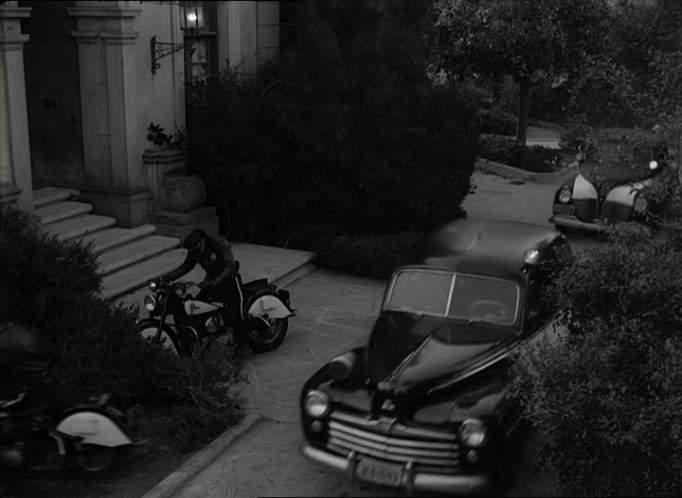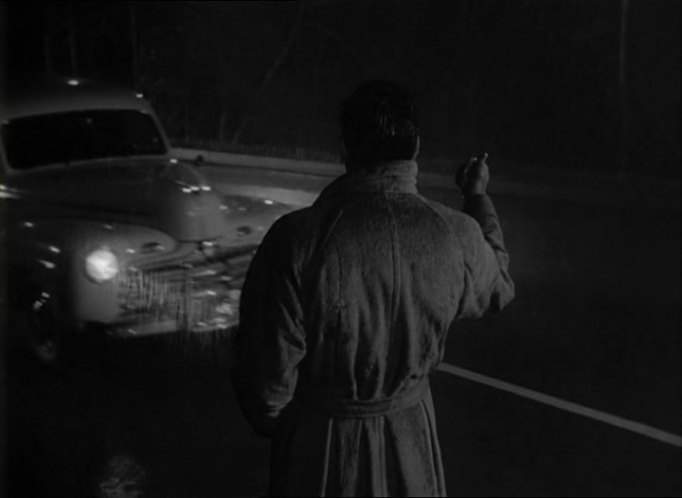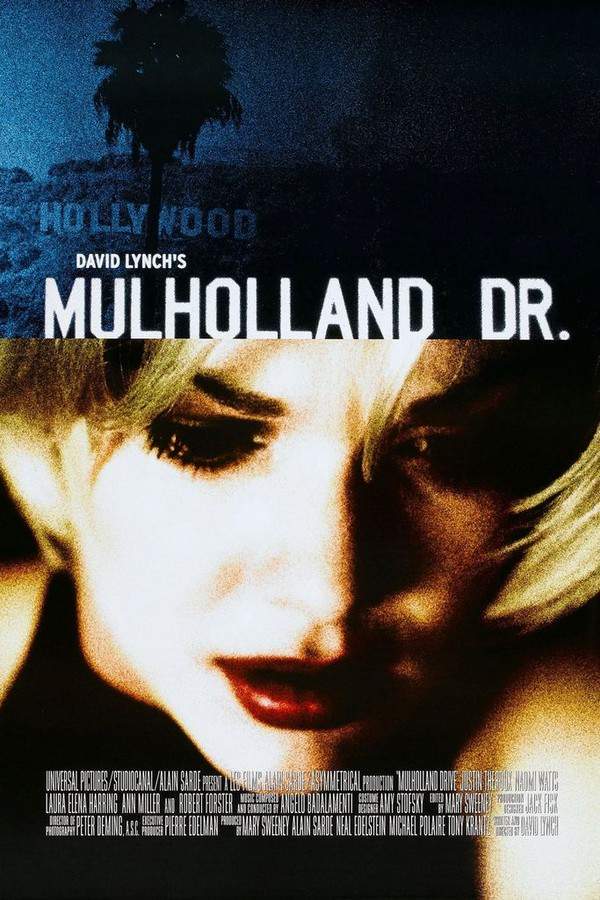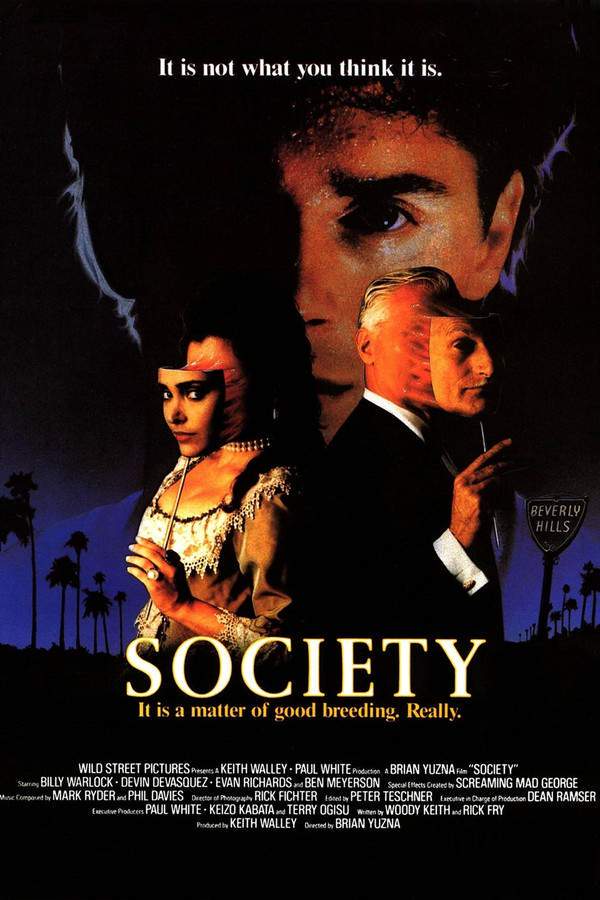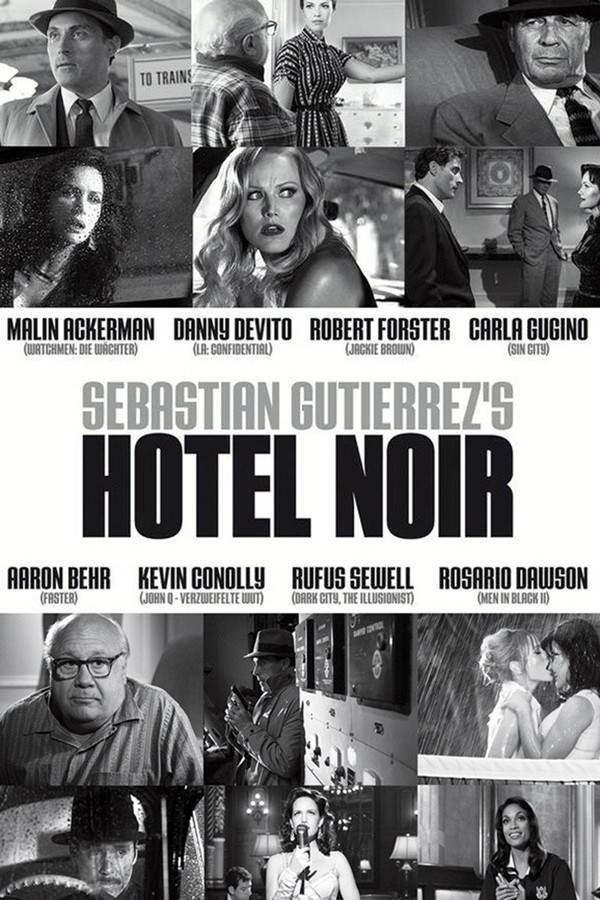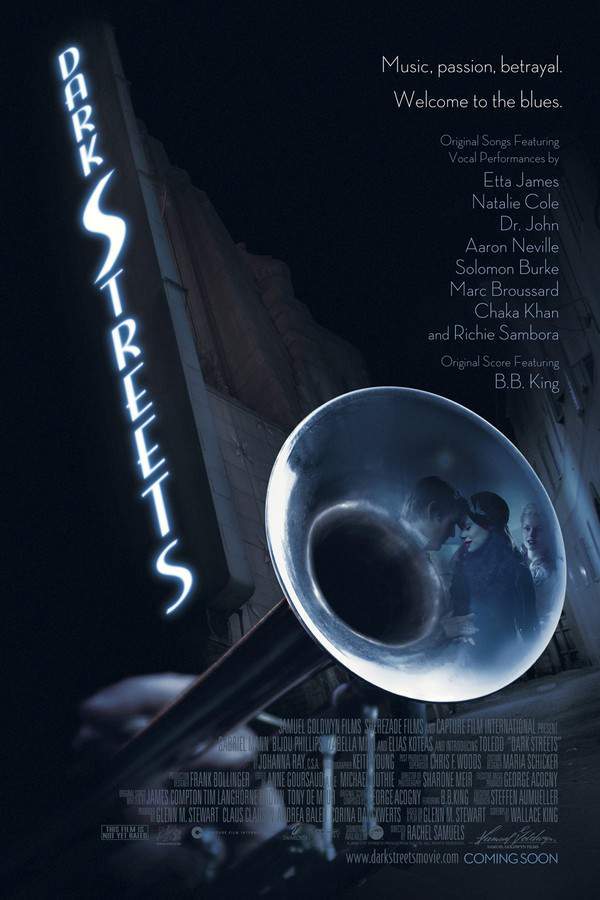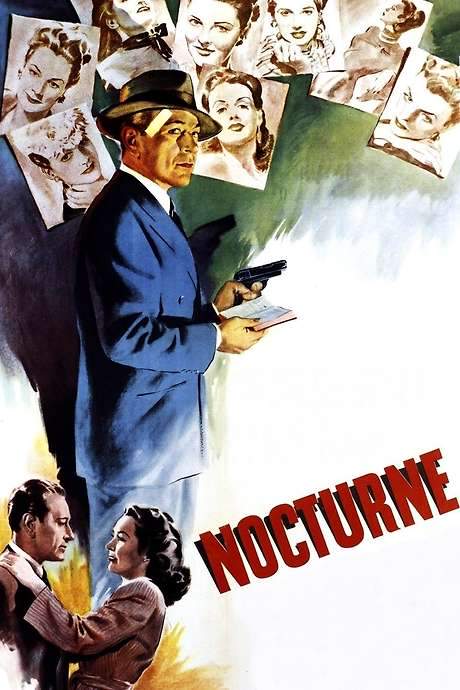Sunset Boulevard 1950

A fading silent film star, Norma Desmond, lives in seclusion on Sunset Boulevard, clinging to dreams of a comeback. When a struggling screenwriter stumbles into her orbit, he becomes entangled in her illusions and desperate schemes. The story explores themes of ambition, decay, and the dark side of Hollywood, revealing a portrait of a woman trapped by the past and desperate for recognition.
Does Sunset Boulevard have end credit scenes?
No!
Sunset Boulevard does not have end credit scenes. You can leave when the credits roll.
Meet the Full Cast and Actors of Sunset Boulevard
Explore the complete cast of Sunset Boulevard, including both lead and supporting actors. Learn who plays each character, discover their past roles and achievements, and find out what makes this ensemble cast stand out in the world of film and television.
External Links and Streaming Options
Discover where to watch Sunset Boulevard online, including streaming platforms, rental options, and official sources. Compare reviews, ratings, and in-depth movie information across sites like IMDb, TMDb, Wikipedia or Rotten Tomatoes.
Ratings and Reviews for Sunset Boulevard
See how Sunset Boulevard is rated across major platforms like IMDb, Metacritic, and TMDb. Compare audience scores and critic reviews to understand where Sunset Boulevard stands among top-rated movies in its genre.

94
Metascore
8.6
User Score

8.4 /10
IMDb Rating

83
%
User Score
Take the Ultimate Sunset Boulevard Movie Quiz
Challenge your knowledge of Sunset Boulevard with this fun and interactive movie quiz. Test yourself on key plot points, iconic characters, hidden details, and memorable moments to see how well you really know the film.
Sunset Boulevard Quiz: Test your knowledge of the classic film 'Sunset Boulevard' and its intricate narrative.
Who is the main character that narrates the story of 'Sunset Boulevard'?
Joe Gillis
Norma Desmond
Max Von Mayerling
Betty Schaefer
Show hint
Full Plot Summary and Ending Explained for Sunset Boulevard
Read the complete plot summary of Sunset Boulevard, including all major events, twists, and the full ending explained in detail. Explore key characters, themes, hidden meanings, and everything you need to understand the story from beginning to end.
The film begins with a striking scene as the camera tracks along Sunset Boulevard in Los Angeles, where police cars rush towards a lavish mansion. Within its pool lies the lifeless body of the young man, Joe Gillis (William Holden). As law enforcement gathers, Joe’s voice narrates the tale leading to his own demise, unfolding through flashbacks.
Six months prior, Joe was struggling to make a living as a screenwriter, having only a handful of mediocre films to his name. With his finances dwindling and facing the repossession of his car, he attempts to sell his latest script to Paramount Pictures producer Sheldrake (Fred Clark), but is thwarted when script reader Betty Schaefer (Nancy Olson) gives a scathing review. In desperation, Joe seeks financial help from his friends, to no avail. While fleeing from the repo men, he finds himself with a flat tire outside a seemingly abandoned mansion.
As he hides his car in the garage, Joe is lured inside by a voice. He is mistakenly believed to be the undertaker for a deceased pet chimp and is welcomed by the enigmatic butler, Max Von Mayerling (Erich von Stroheim). Inside, he encounters the former silent film star Norma Desmond (Gloria Swanson), who, upon discovering he is a writer, unveils her ambitious script for a film adaptation of Salome, hoping to rekindle her acting career. Despite finding the script dreadful, Joe flatters her, securing the job as her editor.
Settling into the mansion, Joe initially occupies a room above the garage but soon moves into the house itself, with Norma insisting on his comfort. As he delves into her script, he becomes increasingly aware of Norma’s obliviousness to her faded fame and career. Despite receiving fan mail, Joe learns that Max has been sending the letters to maintain her fantasy. Max reveals to Joe that Norma’s mental state has deteriorated before, leading to previous suicide attempts.
Over time, Norma showers Joe with attention and lavish gifts, including a tuxedo for a private New Year’s Eve celebration just for the two of them. However, when Joe realizes she has developed romantic feelings for him, he attempts a gentle rejection, which results in Norma lashing out and retreating. Believing his time with her is at an end, Joe escapes to a party hosted by his friend, Artie Green (Jack Webb), where he reunites with Betty, who sees promise in one of his scripts. Yet, Joe feels compelled to inform Max of his intent to leave. His plans change when he learns of Norma’s suicide attempt, prompting him to return and apologize, leading to an intimate encounter.
As Norma completes her script and submits it to Cecil B. DeMille (Cecil B. DeMille), she awaits his response with impatient anticipation. Calls from the studio requesting Norma generate tension, as she stubbornly refuses to speak with anyone but DeMille. Eventually, Max drives her and Joe to the studio in her vintage Isotta Fraschini Tipo 8A. While Norma is greeted warmly by older crew members recognizing her, Joe learns from Max that DeMille has little interest in her script, which he has secretly deemed awful. Max’s loyalty to Norma is rooted in their shared past as her former husband and director, which complicates their current dynamic.
As Norma engages in extensive beauty regimens, Joe secretly collaborates with Betty on a screenplay. Their relationship becomes complicated as Betty, now engaged to Artie, develops feelings for Joe. When Norma discovers the script bears Betty’s name, she confronts Betty with derogatory implications about Joe. In a bid to shield her, Joe wrongly allows Betty to believe the worst about him. After their painful separation, Joe decides to leave for Ohio but confronts Norma with the cold truth: her career is over, the fan letters are fabricated, and she has been forgotten. In a fit of rage, Norma shoots Joe as he tries to leave, leaving him lifeless in the pool.
The narrative circles back to the beginning, revealing Joe’s fears for Norma’s future in a world she can no longer comprehend. By the time the police arrive, Norma’s grip on reality has utterly disintegrated. In her delusion, she believes the news media are there to film a new picture. To pacify her and assist the police in bringing her down, Max plays along with her fantasy, exclaiming “Action!” as she dramatically descends the staircase. Joe, narrating in voiceover, reflects on how life has spared her from the harsh reality she refuses to face, affirming that “The dream she clung to so desperately had enfolded her.” Ending with her iconic line, “All right, Mr. DeMille, I’m ready for my close-up,” Norma embodies the tragic essence of the Hollywood dream.
Uncover the Details: Timeline, Characters, Themes, and Beyond!

Coming soon on iOS and Android
The Plot Explained Mobile App
From blockbusters to hidden gems — dive into movie stories anytime, anywhere. Save your favorites, discover plots faster, and never miss a twist again.
Sign up to be the first to know when we launch. Your email stays private — always.
Watch Trailers, Clips & Behind-the-Scenes for Sunset Boulevard
Watch official trailers, exclusive clips, cast interviews, and behind-the-scenes footage from Sunset Boulevard. Dive deeper into the making of the film, its standout moments, and key production insights.
Cars Featured in Sunset Boulevard
Explore all cars featured in Sunset Boulevard, including their makes, models, scenes they appear in, and their significance to the plot. A must-read for car enthusiasts and movie buffs alike.
Sunset Boulevard Themes and Keywords
Discover the central themes, ideas, and keywords that define the movie’s story, tone, and message. Analyze the film’s deeper meanings, genre influences, and recurring concepts.
Sunset Boulevard Other Names and Titles
Explore the various alternative titles, translations, and other names used for Sunset Boulevard across different regions and languages. Understand how the film is marketed and recognized worldwide.
Similar Movies To Sunset Boulevard You Should Know About
Browse a curated list of movies similar in genre, tone, characters, or story structure. Discover new titles like the one you're watching, perfect for fans of related plots, vibes, or cinematic styles.
Quick Links: Summary, Cast, Ratings, More

What's After the Movie?
Not sure whether to stay after the credits? Find out!
Explore Our Movie Platform
New Movie Releases (2026)
Famous Movie Actors
Top Film Production Studios
Movie Plot Summaries & Endings
Major Movie Awards & Winners
Best Concert Films & Music Documentaries
Movie Collections and Curated Lists
© 2026 What's After the Movie. All rights reserved.



